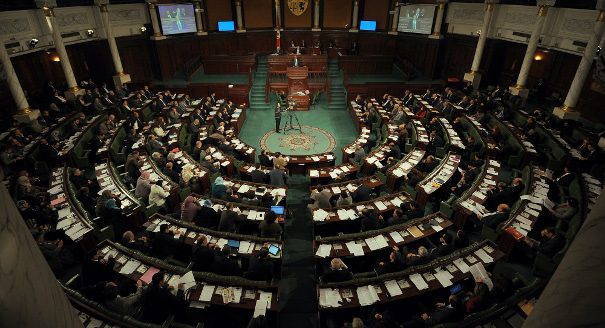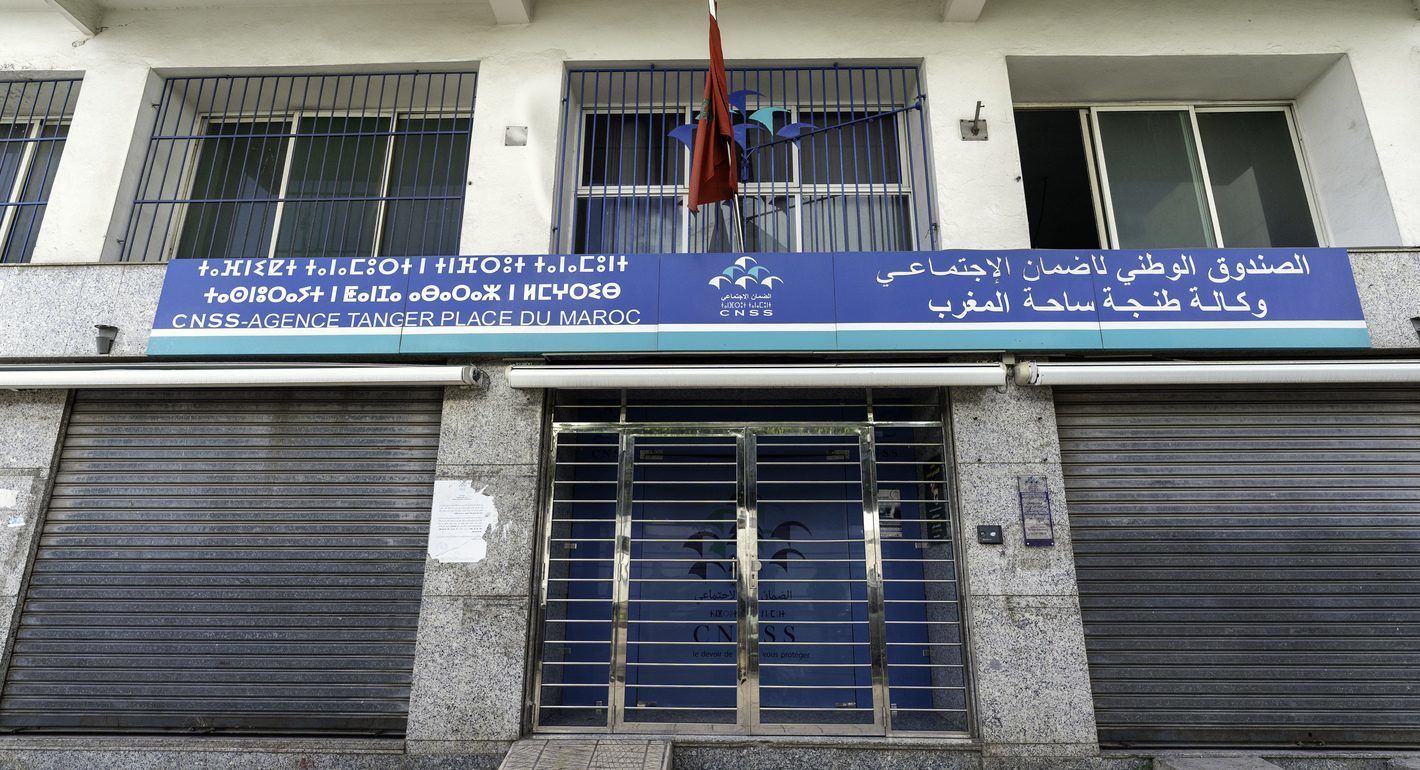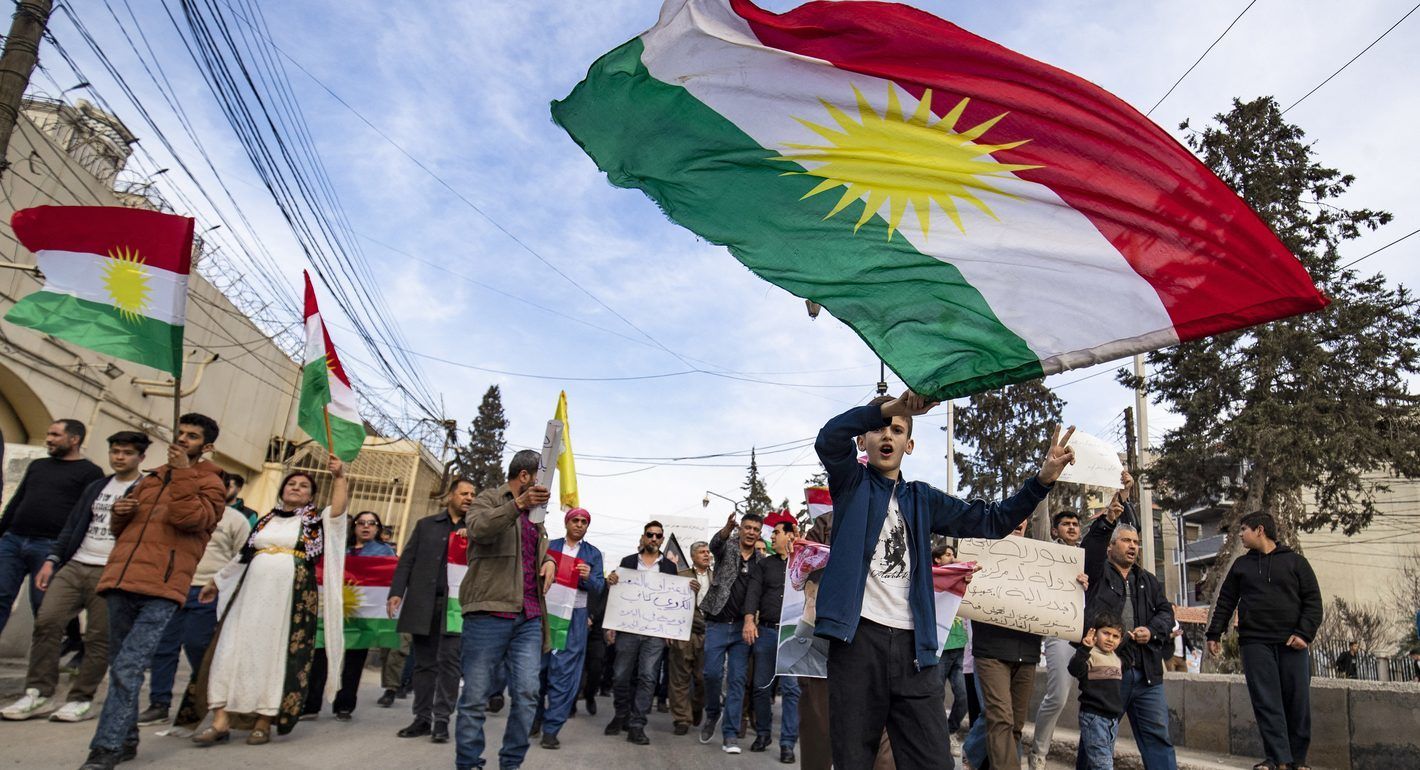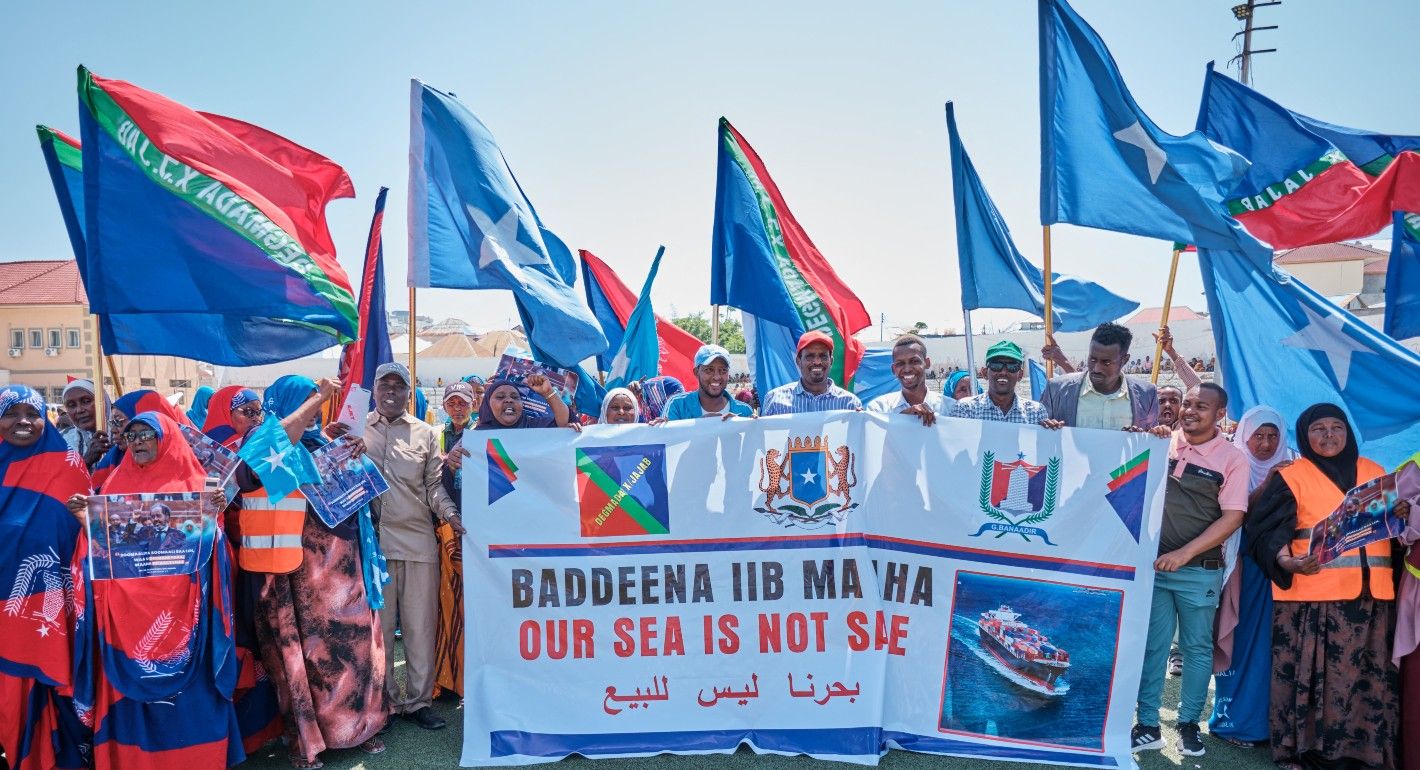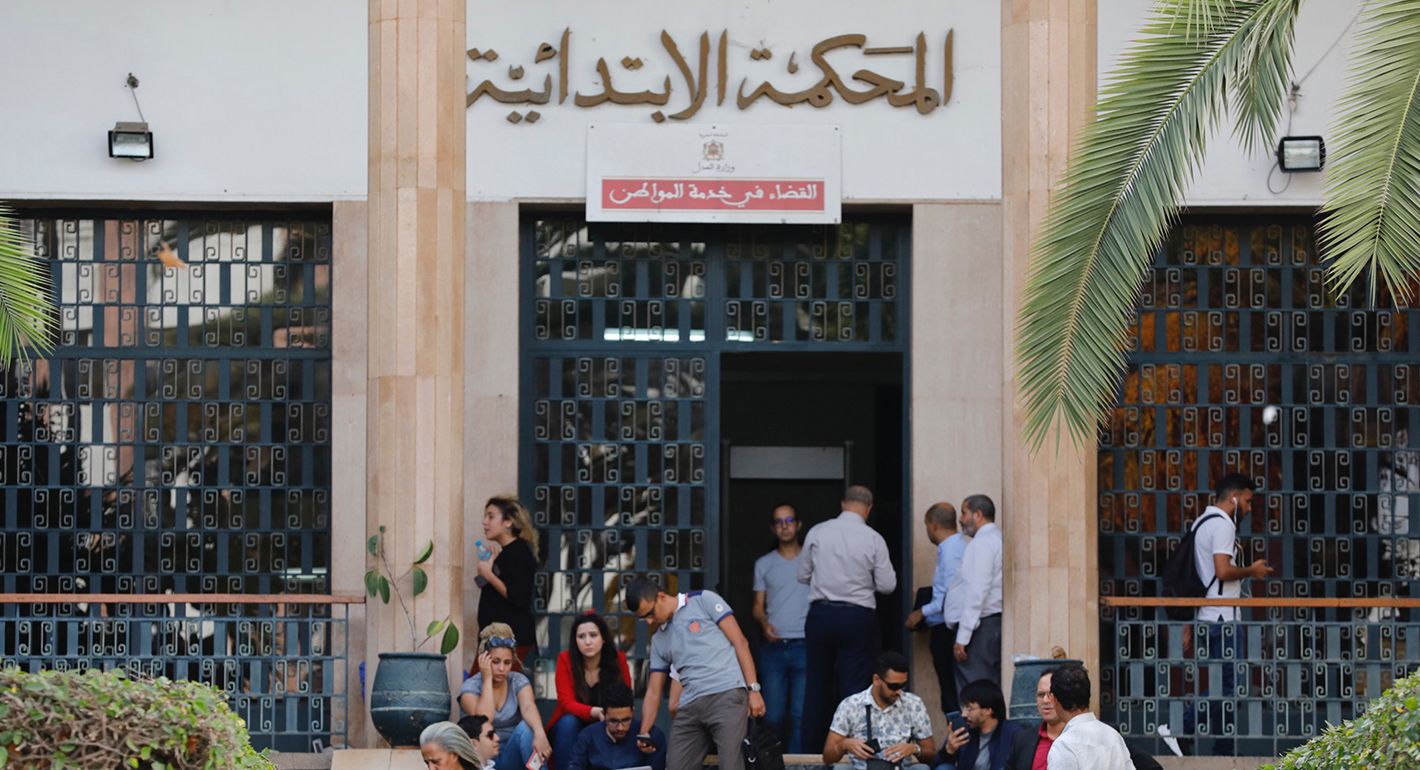Delays in constitution-drafting and elections, socio-economic tensions, economic stagnation, and fundamental differences about the direction of Tunisia’s transition all highlight the severe divides among the country’s major political forces. Tunisia’s political scene is becoming increasingly polarized between the ruling Ennahda Party and major secular organizations, like the recently established left-wing Nidaa Tounes Party, and the country’s main trade union, the Tunisian General Labour Union (French acronym, UGTT). But each of these entities is also struggling on an internal level, and the dispute is weakening and changing the country’s secular left—including the influential UGTT.
According to local opinion polls, Nidaa Tounes is expected to take 28 percent of the vote in the 2013 election, while Ennahda is likely to take an estimated 31 percent. This would be a relatively strong number within Tunisia's otherwise divided political left. Leftist parties are particularly weakened by internal crises with major waves of defections and resignations; for example, the Congress for the Republic (CPR) and Ettakatol (Ennahda's leftist coalition partners) lost 14 and 8 members of parliament, respectively, to defections—often to Nidaa Tounes. Yet, a bill proposed by Tunisia's Constituent Assembly might soon prohibit politicians once affiliated with Ben Ali's Constitutional Democratic Rally (RCD) from participating in political life for a period of ten years. This would be a major setback for Nidaa Tounes, as many of its senior members have served under the former regime. The anti-RCD bill is supported by many leftist parties, which see in Nidaa Tounes an important political competitor. If passed, the bill would enhance the relative role of other leftist forces whose members have no connection to the former regime. But in the short-term, these parties are unlikely to become a single dominant force—as Nidaa Tounes is becoming—to challenge Ennahda’s hegemony.
Divisions are also increasingly visible in the UGTT—an organization that wields substantial political influence and is arguably the single most important opposition force to Ennahda. The union has a membership of approximately 517,000 and the potential to mass mobilize. Far from an ordinary trade union, the UGTT was an important opposition force under Tunisia's former autocratic regime, whose repression it managed to partially resist by holding general strikes to push back on government initiatives it opposed. Since the fall of Ben Ali, the UGTT has used Tunisia's newly acquired freedoms to increase its influence in the political sphere—despite the repeated warnings of the ruling coalition to stay out of politics. Significantly, it has recently formed a strategic alliance with Nidaa Tounes against the ruling party; and more symbolically proposed legislation to the Constituent Assembly through a National Dialogue Congress, in October 2012, which brought together relevant stakeholders to agree on the next steps for Tunisia's transitional period. Yet, such alliances remain relatively weak due to power struggles between the UGTT and Nidaa Tounes leaders—who only few months ago were engaging in public disputes. The inability of Tunisia's left to regroup under a unified leadership is significantly weakening its political impact as a whole.
The growing tension between the UGTT and Ennahda not only reinforces political divisions between Islamists and secularists, but also has significant consequences on the internal dynamics within these two forces. The increasing internal polarization within such groups will be a crucial factor in Tunisia’s development. The UGTT is far from a homogenous body and is torn from within by disagreements between its own internal secularists and Islamists. While the trade union's leadership is predominantly secular and left-wing, its base is increasingly Islamist. This is particularly the case in certain sectors that have a more conservative workforce, like building and public works. The rapid increase in the membership of temporary agency workers (who are often seen as more conservative) is also likely to augment the number of Islamists within the union. But even now, the leadership is increasingly at odds with its base. In February 2012, for example, a UGTT anti-government protest in Tunis was attended by about 3,000: a relatively small number for a union with over half a million members—many of whom were seemingly opposed to the decision to take to the streets. Prior to that, in 2011, the UGTT’s congress saw a power struggle between leftist trade union leaders and increasing vocal Islamist forces. It appears that as soon as more Islamists meet the criteria (nine years of membership, which many have not met as of yet) required for leadership positions the UGTT's internal balance of power may shift drastically toward the more religiously conservative—thus eliminating Ennahda's most important opposition force.
The political scene’s polarization also deepens the persistent divisions within Tunisia's Islamist movement. Animosity between the Salafis and Ennahda has increased in recent months; with a number of ultraconservative Muslims accusing the ruling party of being “un-Islamic” and a “mouthpiece” of the West, though other Salafi forces appear relatively friendly. Within Ennahda there is a divide between a pragmatic wing—favoring political compromise and dialogue—and a more “doctrinal” wing which aligns more closely to Salafi ideology and a more literal interpretation of Islam. While Ennahda's leadership is currently dominated by the pragmatists, its base is becoming more uncompromising. During the Ennahda Congress in July, for example, Sadok Chourou, one of the movement's most uncompromising figures, was ranked first choice for the party's Shura Council. Yet, in contrast to the political left, Ennahda is remaining strong despite such internal divisions, mainly due to the movement's hierarchical structures and the importance and power that its leadership positions hold.
Tunisia’s turning point may very well occur not with the upcoming elections—which are likely to confirm Ennahda’s dominance—but through internal identity struggles within the UGTT and power disputes among the secular leftists. As long as the left remains divided, Tunisia will continue to move toward more Islamist dominance. By supporting the anti-RCD bill, Tunisia's left-wing political opposition is only contributing to such a process of internal fracturing which, in the end, may well lead to its own demise.
Anne Wolf is a Tunisia-based freelance journalist and researcher specializing in North African affairs.

